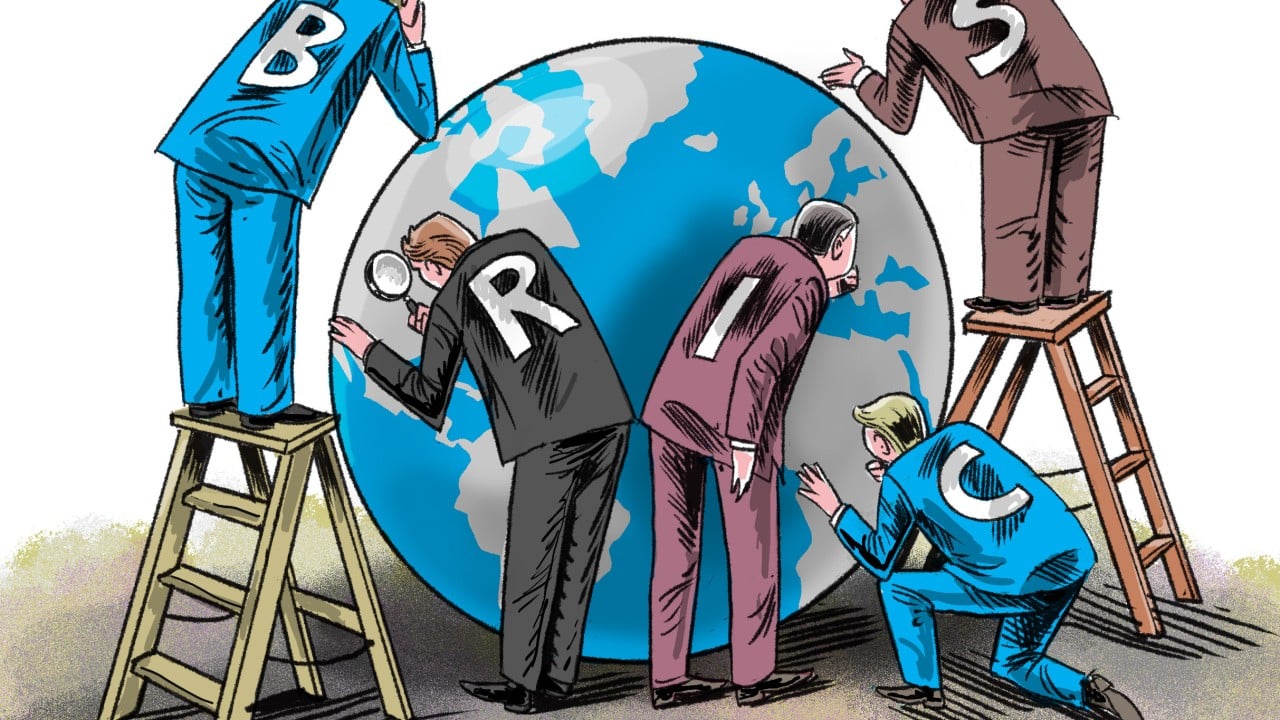In the Global South, Brics is widely seen as an alternative to the Western-dominated world order. In reality, the group’s leading members often have opposing views on crucial geopolitical issues and the organisation remains rather ineffective compared to Western institutions.
Advertisement
Brics, whose acronym comes from its first five members – Brazil, Russia, India, China and South Africa – is scheduled to hold its annual summit in the Russian city of Kazan on October 22-24.
The event will be yet another opportunity for Russian President Vladimir Putin to show that he might be isolated from the West, but not from the rest of the world. But what will the meeting in the capital of Russia’s Tatarstan region mean for the intergovernmental organisation itself?
Media, politicians and analysts around the globe often describe Brics as a protagonist of change, advocating for a world where power is more evenly distributed. The group’s critics, on the other hand, see Brics as an instrument for Moscow and Beijing to use to achieve their geopolitical goals.
For realists, Brics resembles a gathering of five or more individuals sitting in front of a convenience store, engaged in discussions about politics and life over a few drinks.
Advertisement
The decisions and declarations Brics leaders adopt at their summits have little to no impact on developments in the global arena. Undoubtedly, their rhetoric of solidarity, democracy, openness and spirit of mutual respect sounds attractive to nations that feel oppressed in the Western-dominated order, or believe they should play a more important role on the world stage.

